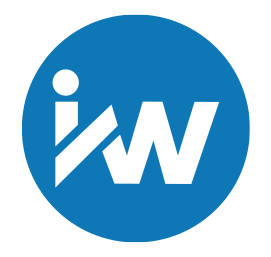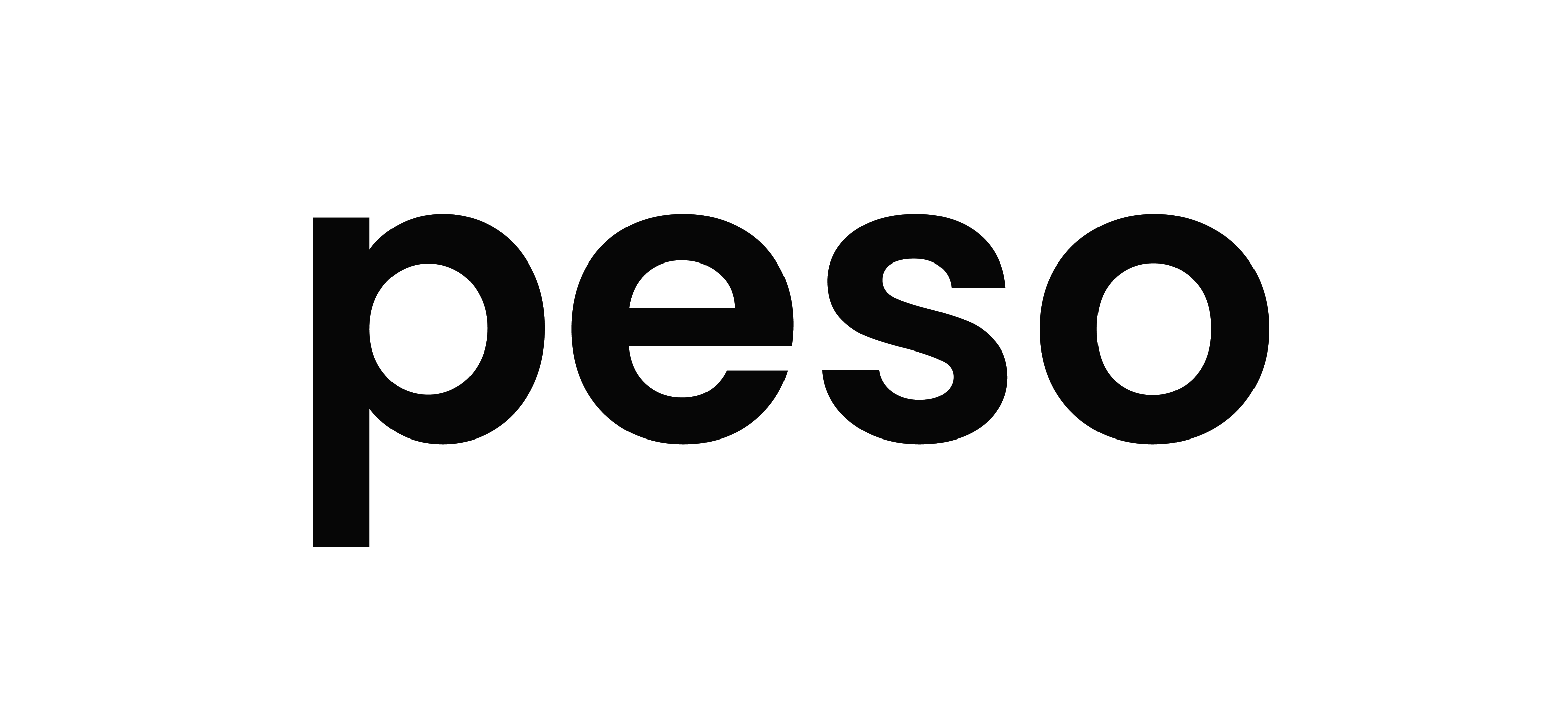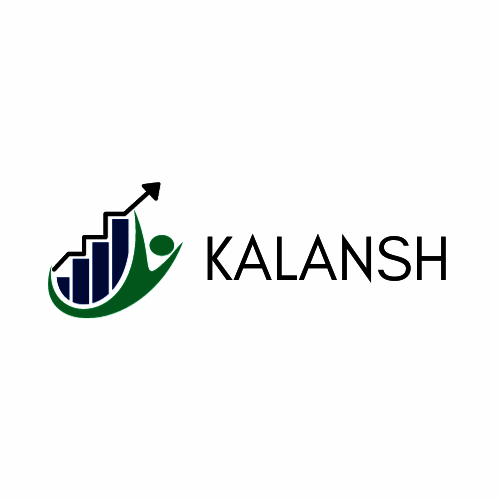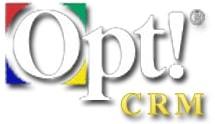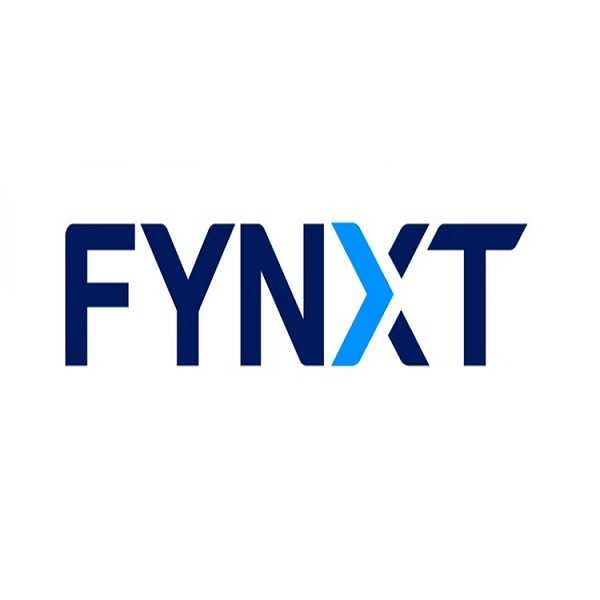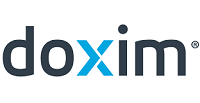What Is Financial CRM Software?
Financial CRM software, also known as Financial Customer Relationship Management software, is a subset of customer relationship management (CRM) software developed exclusively for the financial services business. Its major goal is to assist financial institutions in better managing their client interactions and relationships, which eventually leads to increased customer retention, satisfaction, and revenues.
At its core, financial CRM software is a complete database that organizes and tracks all client interactions, including conversations, transactions, and account data. This information can then be used to assess consumer behavior and preferences, allowing financial institutions to better customize their products and services to their customers' needs.
One of the most important advantages of financial CRM software is its ability to interact with other critical tools and systems used in the financial industry, such as accounting software, loan management apps, and wealth management platforms. This results in a more streamlined and effective workflow because all important data is easily available in one central area.
Aside from data structure and connectivity, financial CRM software provides a variety of automation features, including automated marketing campaigns, email tracking, and lead generating. With these features, financial institutions can save time and effort when managing customer relationships while also assuring consistent and tailored communication with their clients.
Furthermore, many financial CRM software suppliers provide powerful analytics and reporting tools that enable financial institutions to get insights into client data, spot trends, and make data-driven decisions to improve the entire customer experience. When selecting financial CRM software, seek for a provider who provides industry-specific capabilities, customized options, and strong security measures to secure critical customer data.
Financial CRM software, with its diverse possibilities, can be an invaluable tool for financial institutions seeking to improve client interactions and stay competitive in today's market.
What Are The Recent Trends In Financial CRM Software?
In recent years, the financial industry has experienced a considerable increase in the use of Customer Relationship Management (CRM) software. This tendency can be ascribed to financial organizations' increased need to successfully manage and maintain client relationships. Financial CRM software's capabilities and features evolve in tandem with technological advancement.
One of the most noticeable trends in financial CRM software is the move to cloud-based solutions. With more firms turning to remote work, cloud-based CRM software enables quick access and communication regardless of location. This trend is projected to continue since it provides cost savings, scalability, and flexibility to enterprises.
Another trend in financial CRM software is the incorporation of AI and machine learning (ML) capabilities. These technologies allow CRM software to analyze and interpret massive amounts of data, delivering significant insights to financial organizations. This enables organizations to better understand their customers, their interests, and behaviors, resulting in more personalized and targeted engagements.
Furthermore, there has been a focus on data security and compliance in the financial business, which has affected the development of Financial CRM software. As a result, today's CRM solutions include advanced security features like as data encryption and access controls to protect critical client information.
Another notable trend in financial CRM software is an emphasis on omnichannel communication. With customers interacting with organizations through several channels, CRM software now provides seamless connectivity with email, social media, and chat platforms. This enables a more streamlined and coherent client experience.
Finally, many financial CRM software systems now provide customisable dashboards and reporting features. This enables firms to monitor and manage important performance indicators including sales, client retention rates, and marketing efforts. These insights enable businesses to make data-driven decisions and optimize their processes to improve consumer engagement and retention.
Benefits Of Using Financial CRM Software
Financial client Relationship Management (CRM) software is an effective technology that can transform how financial organizations handle their client interactions. This software is specifically built to meet the unique demands of financial institutions, making it a must-have for any organization trying to streamline processes and increase client satisfaction.
Some of the main advantages of adopting financial CRM software are:
1. Streamlined Data Management: One of the key advantages of adopting financial CRM software is that it centralizes and organizes all customer data in one location. This includes contact details, transaction history, and communication records. With all of this information readily available, financial institutions may obtain a thorough understanding of their consumers and their financial needs, allowing them to give more personalized services.
2. Improved Customer Engagement: Financial CRM software has advanced features like automated email marketing and customer segmentation to help institutions communicate with their consumers more efficiently. This not only boosts consumer happiness, but it also enhances retention and loyalty.
3. Efficient Lead Management: The software's lead management features enable financial institutions to follow and nurture potential consumers, resulting in a greater conversion rate. This is accomplished using the software's lead scoring, segmentation, and follow-up tools, which identify and prioritize the most promising leads for a more tailored and successful approach.
4. Personalized Service: Financial CRM software enables institutions to track customer interactions and preferences, providing insight into particular consumer demands. With this information, institutions can provide individualized services, recommendations, and targeted promotions, resulting in increased consumer satisfaction and loyalty.
5. Advanced Reporting And Analytics: Financial institutions need to monitor their performance and find opportunities for improvement. Financial CRM software provides comprehensive reporting and analytics capabilities, allowing institutions to gain real-time insights into their business performance and client behavior. This enables them to make data-driven decisions to better their operations and keep up with the competition.
6. Improved Compliance: Compliance is a critical feature of the financial business, and financial CRM software may assist institutions in remaining compliant with the latest requirements. The program allows banks to manage and monitor consumer contact, ensuring that all interactions and transactions meet legal criteria.
7. Integration With Other Systems: Financial CRM software may work smoothly with other critical systems, such as accounting and wealth management software, to streamline operations and increase efficiency.
Important Factors To Consider While Purchasing Financial CRM Software?
When it comes to choosing financial CRM software, there are numerous key elements to consider to ensure that you make the best option for your company.
Here are some crucial items to consider before making a purchase:
1. Features and Functionality: The software's features and functionality are the most important factors to evaluate. The program should include all of the tools you need to streamline your financial processes, including lead management, sales forecasting, and financial reporting. Additionally, it should be adaptable to your specific business requirements.
2. Integration Capabilities: Financial CRM software should be able to work easily with your current systems, such as accounting software or customer support tools. This can help you minimize data duplication and guarantee that your financial records are accurate.
3. Security: Financial information is extremely sensitive and must be secured at all costs. When assessing software solutions, ask about the security mechanisms in place, such as data encryption and user access limits.
4. User-Friendly Interface: Your team members should be able to utilize the software with ease. A convoluted interface will only cause annoyance and poor productivity.
5. Accessibility: In today's digital world, having access to your financial data at all times and from any location is critical. Choose software that supports remote access and is compatible with a variety of devices, including laptops, tablets, and smartphones.
6. Training And Support: It is critical to select a software vendor who provides comprehensive training and support to your team. This will not only help with a seamless and successful implementation, but will also ensure that your team is making the most of the program.
7. Scalability: As your company expands, your software requirements will evolve. Make sure to purchase software that is scalable and can meet your future requirements.
8. Cost: Financial CRM software can be a big investment for a firm, therefore it is critical to budget properly. While a reduced price may appear appealing, make sure to consider the features and functionality to verify that they match your needs.
9. Reputation And Reviews: Before making your final decision, conduct extensive research on the software provider's reputation and read reviews from other firms. This will provide you with insight regarding their customer happiness and the software's efficacy.
10. Free Trials And Demos: Finally, make use of any free trials or demos provided by the program vendor. This will provide you hands-on experience with the software, allowing you to make an informed decision.
What Are The Key Features To Look For In Financial CRM Software?
When searching for financial CRM software, it is critical to analyze its essential characteristics in order to make an informed choice. Not all CRM software is made equal, and the financial industry's requirements necessitate specific functionality for properly managing customer interactions and business operations. The following are the primary features to look for in financial CRM software:
1. Customer Management: First and foremost, financial CRM software must have strong customer management skills. This includes storing and organizing customer data, monitoring interactions and communications, and developing a 360-degree view of each client. This feature enables financial professionals to have a thorough grasp of their clients' needs and preferences, allowing them to provide personalized and efficient service.
2. Contact Management: The program should be able to manage contacts as well as clients. This tool helps you to organize and segment your leads, prospects, and partners, making it easier to target certain groups and track engagement with them.
3. Financial Data Integration: A financial CRM program should be able to work with financial databases and applications, such as accounting and portfolio management systems. This function enables the accurate and timely tracking of financial data, offering a complete picture of each client's financial situation.
4. Task Management: To keep track of client interactions and provide great service, financial CRM software must include task management. This tool enables the creation and assignment of tasks and reminders, ensuring that critical follow-ups are not overlooked.
5. Reporting And Analytics: Financial professionals rely heavily on data. Look for CRM software with powerful reporting and analytics capabilities. This function allows you to track important performance metrics, analyze data patterns, and discover areas for improvement.
6. Compliance Management: The financial business is highly regulated, making compliance a major priority. A solid financial CRM software should have compliance-related capabilities such as audit trail tracking, data encryption, and secure document storage.
7. Mobile Access: With the growing demand for remote work and a mobile workforce, having CRM software that supports mobile access is critical. This tool enables financial professionals to access customer information and manage tasks while on the go, increasing productivity and efficiency.
8. Customization: Each financial firm is unique, and a one-size-fits-all solution may not be appropriate for all. Look for CRM software with customization options, which allow organizations to adjust the software to their own needs and operations.
9. Integration With Other Tools: To streamline workflows and increase productivity, CRM software should be compatible with other tools and platforms, including as email and project management software.
10. Ease Of Use: Finally, a financial CRM software should be simple to use and browse. This will ensure quick adoption by workers and shorten the learning curve, resulting in a smoother transfer and better use of the software's functionality.
Why Do Businesses Need Financial CRM Software?
Businesses use financial CRM software because it is a great tool for streamlining financial procedures and successfully managing customer interactions. This program combines standard customer relationship management (CRM) functionality with advanced financial management features, making it an indispensable tool for any firm trying to improve its financial operations.
One of the primary reasons firms use financial CRM software is to increase efficiency and production. These software solutions help firms automate time-consuming operations like data entry, payment processing, and report preparation. This not only saves time, but also lowers the likelihood of human error and boosts total production.
Financial CRM software can also help organizations build solid, long-term relationships with their clients. By centralizing all customer data and interactions, this software allows organizations to better understand their consumers' requirements, preferences, and purchasing habits. This information can then be utilized to tailor communication and provide targeted financial services, resulting in higher client satisfaction and loyalty.
Furthermore, financial CRM software provides firms with real-time information about their financial performance. Businesses that analyze key indicators like revenue, costs, and cash flow can make data-driven choices and discover opportunities for development. This leads to improved financial planning and helps firms manage their finances.
In addition, financial CRM software increases organizational collaboration and communication. All financial and consumer data is maintained in a consolidated system, allowing different departments to quickly access and share information, reducing silos and increasing overall efficiency.
Finally, given the growing importance of data security and compliance, firms require financial CRM software to safeguard sensitive financial information. These software solutions provide extensive security features like data encryption and user access controls to protect the confidentiality and integrity of financial data.
How Much Time Is Required To Implement Financial CRM Software?
The time it takes to implement financial CRM software varies depending on several aspects, including the complexity of your business operations, the number of users, and the level of customization necessary. On average, it can take 3 to 9 months to fully integrate financial CRM software. The first step in deploying financial CRM software is to identify your company's needs and select the program that best meets your objectives.
This procedure can take anything from a few weeks to many months, depending on your research and decision-making process. After you've chosen the software, the following step is to set it up and configure it to meet your specific business requirements. This may include modifying fields, workflows, and permissions. The time necessary for this step is also determined by the complexity of your needs and the availability of your team to provide feedback and review the configurations.
Following the initial setup, the data migration procedure begins. This entails moving your existing data from various sources to the new CRM system. This process can take a long time, particularly if you have a huge volume of data to move. Once the data has been properly transferred, the following step is to train your team on how to use the new system efficiently.
This can take anywhere from a few weeks for a small team to many months for a large team. Investing in rigorous training is critical to ensuring a seamless transition and optimum acceptance of the new system. Following training, it is critical to undertake testing and make any necessary changes before fully implementing the financial CRM software.
This process can take from a few weeks to a month, depending on the size and complexity of your company. To summarize, the time necessary to implement financial CRM software can range from three to nine months, depending on a variety of circumstances. It is critical to have a clear understanding of your company's demands and to dedicate adequate time and resources for successful implementation.
What Is The Level Of Customization Available In Financial CRM Software?
Customization possibilities are sometimes an important consideration when selecting the best financial CRM software for a firm. The level of customisation provided can have a significant impact on the software's efficacy and efficiency in addressing the unique demands and goals of a financial organization. So, what level of customisation is allowed in financial CRM software? Let's dig deeper to understand this critical point.
First and foremost, it is crucial to know that the level of flexibility in financial CRM software varies greatly between vendors. Some software may have a vast range of customization options, but others may have fewer options. Buyers must examine their business goals and requirements before selecting a software that meets their specific customisation needs.
Typically, the level of customization in financial CRM software is divided into two categories: user-level customization and system customization. User-level customisation refers to the ability of individual users to tailor software aspects to their specific preferences and processes. This could include changing the colors of the user interface, selecting a preferred layout and view, and creating customized reports and dashboards.
System-level customisation, on the other hand, refers to the general customization of software to fit a company's specific processes and activities. This could contain options like customized data fields, workflows, and triggers, as well as integration with other software and third-party applications. Another consideration when assessing the level of customisation in financial CRM software is the ease of deployment.
Some manufacturers may provide highly adaptable software, but actual implementation and configuration may necessitate technical knowledge and resources. This may result in increased expenditures and delays in the software's rollout.
Which Industries Can Benefit The Most From Financial CRM Software?
Financial CRM software is a strong tool that helps financial companies manage client interactions more efficiently. With the ever-changing landscape of the financial industry and increasing client demands, organizations must employ powerful CRM software to remain competitive. But which sectors will gain the most from financial CRM software?
Let us go deeper into the answer.
1. Banking And Financial Services: Financial CRM software has the potential to significantly help the banking and financial services industries. These organizations handle a vast amount of sensitive customer data, and a CRM can help them centralize, organize, and safeguard it effectively. Furthermore, with capabilities such as lead management and tailored communication, financial CRM software may help you build strong client relationships and increase customer satisfaction.
2. Insurance: Insurance firms have a large client base and complex insurance policies, making it difficult to track consumer information and interactions. Financial CRM software can help streamline and automate these procedures, allowing insurance businesses to provide more tailored and timely services to their customers, resulting in increased retention rates and income.
3. Wealth Management: Wealth management organizations must have a thorough awareness of their clients' financial needs and objectives. A financial CRM software can give wealth management professionals a comprehensive view of their clients' financial profiles, allowing them to offer specialized solutions and individualized investment recommendations. This can help you create stronger ties with existing clients and attract new ones.
4. Investment Businesses: Investment businesses engage with a high number of prospects, making it difficult to keep track of each interaction. A financial CRM software can help in managing these conversations, ensuring that no prospects are left behind. It can also aid with opportunity monitoring, sales performance measurement, and workflow automation, all of which can improve the sales process.
5. Accounting And Auditing: organizations handle a large quantity of data and must maintain relationships with clients, vendors, and partners. A financial CRM software can assist accounting firms better communication, manage tasks and deadlines, and keep track of critical documents. This can lead to higher client happiness and productivity.
Conclusion
To summarize, selecting the correct financial CRM software for your company may significantly improve customer relationship management, optimize financial operations, and ultimately boost your bottom line. You can make an informed decision by narrowing down your alternatives based on your business needs, price, and available features.
Before purchasing any software solution, it is critical to conduct extensive research and comparisons, as well as check out demos and user reviews to gain a better knowledge of the product. To enhance its usefulness, make sure the program is easy to use and offers outstanding customer support. With the correct financial CRM software in place, you can improve customer happiness, boost productivity, and elevate your financial management to new heights.
Remember to examine and update your software on a regular basis as your firm develops and expands to ensure that it continues to satisfy your requirements. We hope this buyer's guide has helped you make the right option for your business.

